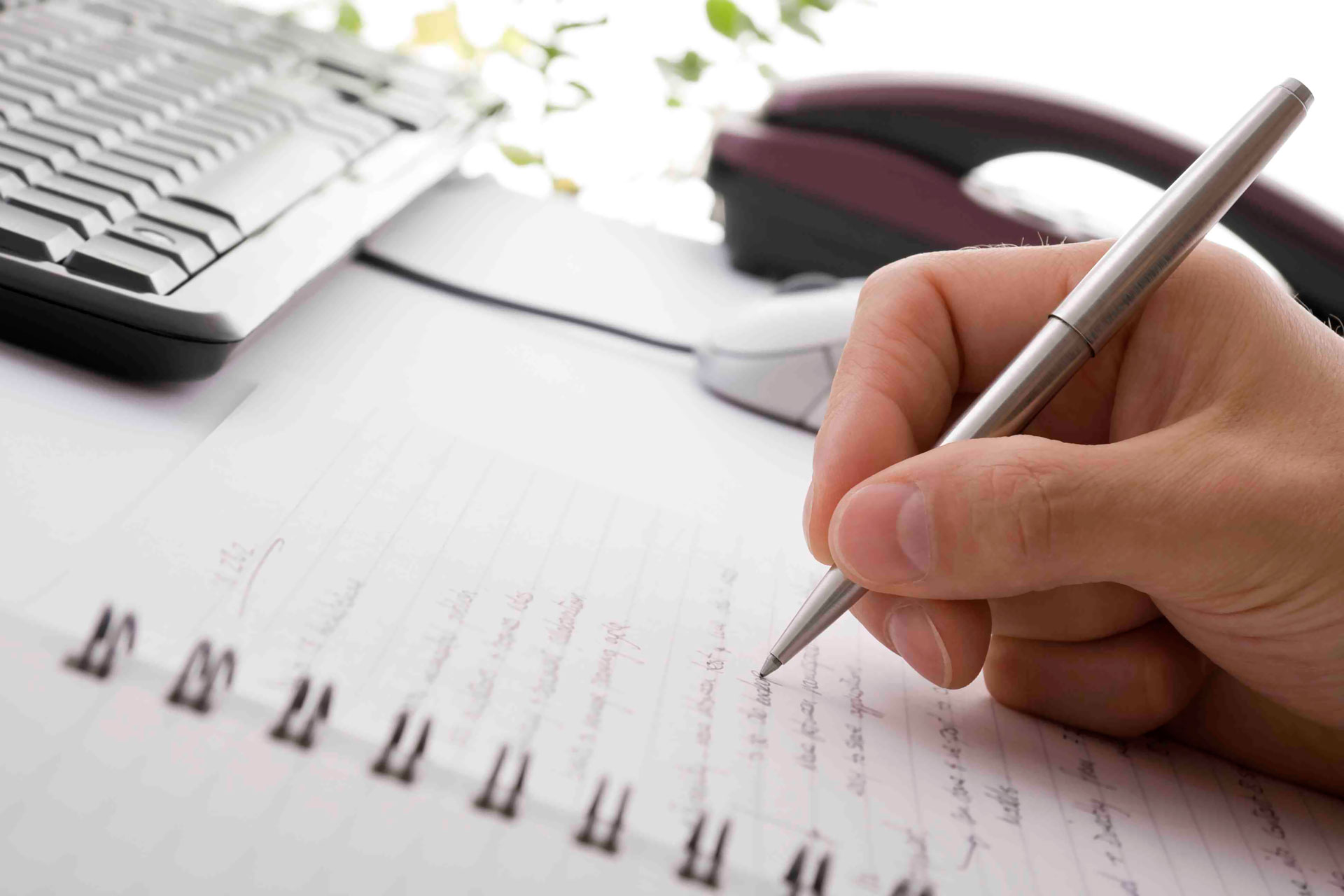When it comes to writing the content, we all know that delivering the draft is our number one priority and things become complicated when one has no habit of writing.

Thus to be productive while writing and make it a good habit of yours I am presenting some of the essential writing habits you need to have.
Let’s check all of them one by one.
1: Write regularly.
Daily is good. Every other day is good. Find a regular routine that works for you and stick with it. Maybe it’s binge writing for two days straight and then taking a break for a few days. Maybe it’s an hour every morning. Maybe it’s five hours every afternoon.
I think that a daily habit is easier to maintain, or at least a 5 day/week habit.
2: Block time for your writing.
If you want to maintain a habit of writing on a regular basis, choose the time and set it aside for writing. Otherwise, your habit will be hit-or-miss, which translates into real life as mostly misses.
3: Start with something.
There is nothing more intimidating than the blank screen or the empty page. If you’re free-writing, you can just dive into that blank page. And when you’re full of inspiration, ready to pour it out, go ahead. But have a back-up. Have a list of ideas, a notebook of random jotted-down thoughts, a folder of incomplete paragraphs, a list of topics, a file of clips, a stack of outlines.
4: Read.
I require my two reading children to read every day from a book of my choosing. It’s something a little bit difficult, but not so difficult as to frustrate them. They also read, voluntarily, out of the big stack of books we haul home from the library, or the many books we have on shelves and in baskets. [tweet “Fill your world with things to read and then read, read, read.”] Difficult. Easy. Short-form. Long-form. Fiction. Nonfiction. Poetry. Prose. Tragedy. Comedy. All stories are true stories, so read as many as you can. You will learn from all of them.
5: Constantly improve your craft.
Set aside a short block of time each day or week to work on improving your craft. Practice. Get better. Write a tighter sentence. Go through your old writing and edit them hard. Translate things. Take an online course. Use a writing book. Find a mentor. Imitate the writers you admire. Work on improving the quality and the quantity of your work (not necessarily at the same time).
6: Separate your writer mode from your editor mode, and never try to mix both the modes.
First, you write, then you edit. If you try to do both at once, you don’t do either one well. The writer needs room to frolic, space to play, a big blank page and a long list of ideas and the freedom to do anything at all with them. The editor comes in later, cleans up the mess, straightens the line, smooths the edges. Don’t send in the editor while the writer is still there. It’s not pretty. Wait until the writer is napping.
7: Recognize the process.
Writing is technically the act of putting words onto paper or screen. But it involves more than that. It involves thought, input, research, planning, and, after writing, editing. Give yourself a reasonable time for each step of the process as it is needed. Cultivate the whole process as one of your writing habits.
8: Systematize.
Work that is creative can benefit from routine, from the sturdy structure of a system. Pretend that your creativity is a flying squirrel, and your systems are the deep-rooted trees it climbs on. That squirrel can’t fly without a tree to launch off. To build the tree. I mean, grow the tree? Grow the tree. An organic system has reasonable flexibility and works with your natural rhythms and preferences. But it’s also strong enough to shelter you in storms, to hide you from scorching sunlight, and to give you a base for some big creative leaps. I mean flights.
9: Build a flow of inspiration.
Creativity requires input. Not everybody needs the same input. Figure out what inspires you, and make sure you get it in your life regularly. Inspiration may be fickle, but it’s a lot more predictable when you create a nice space for it and show up for a regular date. Bring coffee. Wear something nice. Anything could happen.
This is all we can do to improve productivity in writing stuff.
Leave a Reply